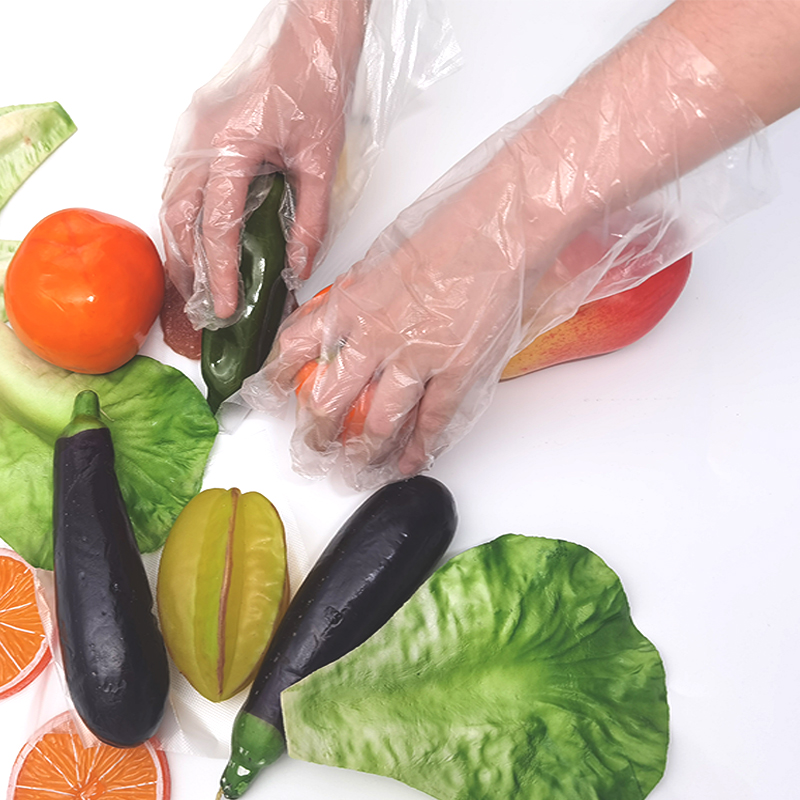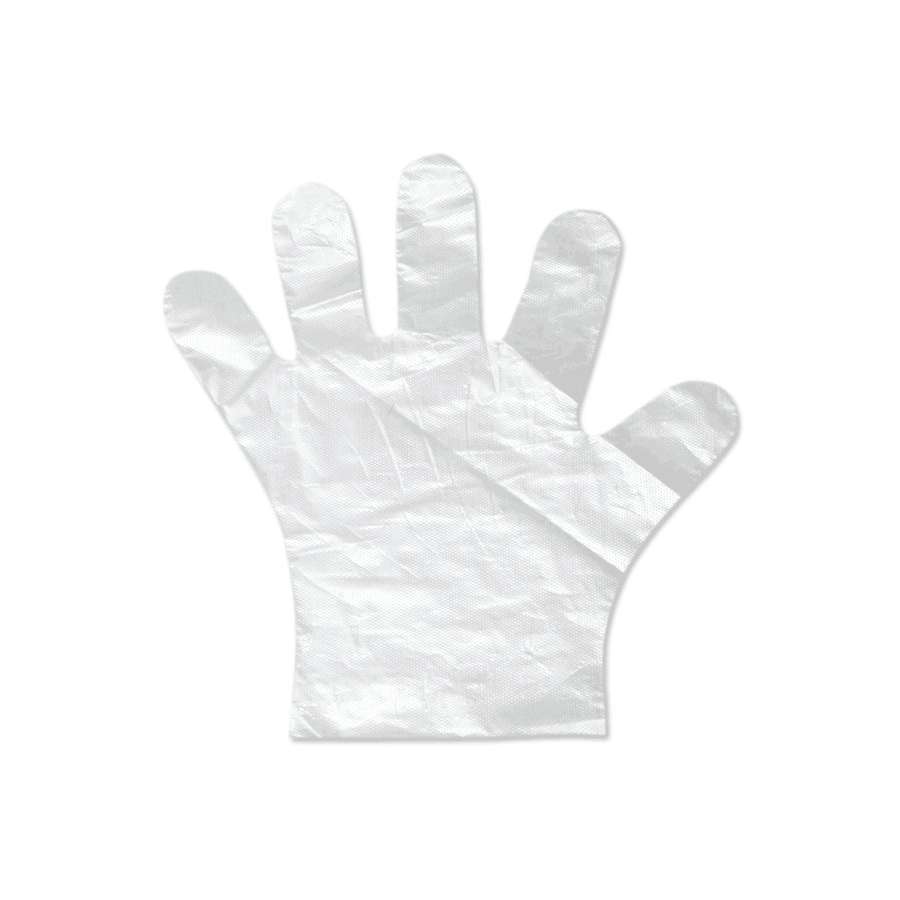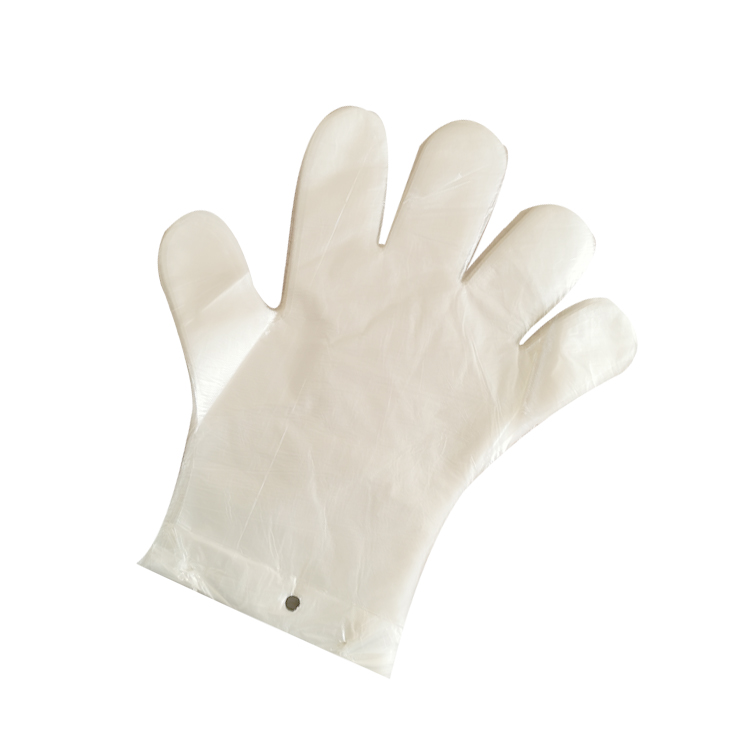No products in the cart.
Uncategorized
Disposable PE Gloves
What is material to make Disposable PE Gloves?
Know Your Glove Materials: Poly
Polyethylene is the most affordable glove material and is used in the food service industry. Food service workers need a glove with enough durability for short-duration tasks, and poly gloves are the right choice.
What is polyethylene, that is widely used to make Disposable PE Gloves?
Like polyvinyl chloride (PVC), polyethylene was first created by accident. German chemist Hans von Pechmann made the first polyethylene in 1898. In 1933, Reginald Gibson and Eric Fawcett, two scientists at Imperial Chemical Industries, also accidentally created polyethylene, and their employer would be the driving force behind the material’s innovation in early years.
Polyethylene is a polymer that is synthesized from ethylene and a thermoplastic that is formed into various shapes as it cools from a liquid state to a solid state.
There are different forms of polyethylene, with one being high-density polyethylene (HDPE), which is the harder form of the plastic. Low-density polyethylene (LDPE) is thinner, less opaque than HDPE and used to make plastic grocery bags, dispensing bottles and disposable gloves. It is a flexible and tough material though not as durable as other glove materials.
LDPE is a non-leaching plastic in its natural state. This means it will not release unwanted chemicals into food, which is why poly gloves are suitable for the food service industry. Additionally, LDPE is used for creating protective film for food packaging.
Two polyethylene sheets are seamed and sealed with heat to create disposable gloves. Because poly gloves are not dipped like latex, nitrile and vinyl gloves, they are not impervious to liquids. Vinyl gloves are a suitable alternative for food services tasks where liquids are present.
What are the benefits of Disposable PE Gloves?
The food service industry requires workers to change their gloves often. In a sandwich deli, for instance, an employee would make one customer’s order. Afterward, he or she should follow proper handwashing guidelines and don a new pair of gloves for the next customer. Given the frequency of these changes, the industry requires a cost-effective glove material, which is why Disposable PE Gloves are the preferred choice.

Disposable PE Gloves are also powder and latex free. Both traits are beneficial for preventing allergic reactions among workers and customers. Given that the gloves directly touch food that is ingested, the latex and corn proteins that cause the reaction could easily enter a customer’s body, possibly leading to a more severe reaction. Disposable PE Gloves are a safe alternative.
Take a look at disposable PE gloves on VINBAGS.COM

You should now have a good understanding of the different types of disposable gloves available however it can always be handy to have a helpful quick-reference guide:
VINBAGS disposable polyethylene gloves are carefully designed for use in food service. Disposable PE Gloves are an economical choice for frequent-change environments, offering protection for many multipurpose and food handling applications. Used properly, they can play a central role in helping to prevent the spread of foodborne illnesses. Manufactured using the highest purity virgin raw materials to ensure strength and barrier integrity, our industrial-grade food service disposable poly gloves are made of polyethylene (PE) and are designed to meet or exceed all industry standards for safety and quality.
VINBAGS disposable gloves are the most economical glove you can buy, and are most often used for light-duty tasks that require frequent glove changes. These gloves have a loose fitting design for easy on and off applications, which is especially useful for the food industry. Lightweight, they also come in two different colours – clear and blue.

Disposable PE gloves
Uses: Food preparation and catering.
Benefits: Economical, lightweight and loose fitting.
Industries: Food handling environments.
Not sure if Disposable PE Gloves are best for your customers? Talk to us to find the right gloves for your industry.
